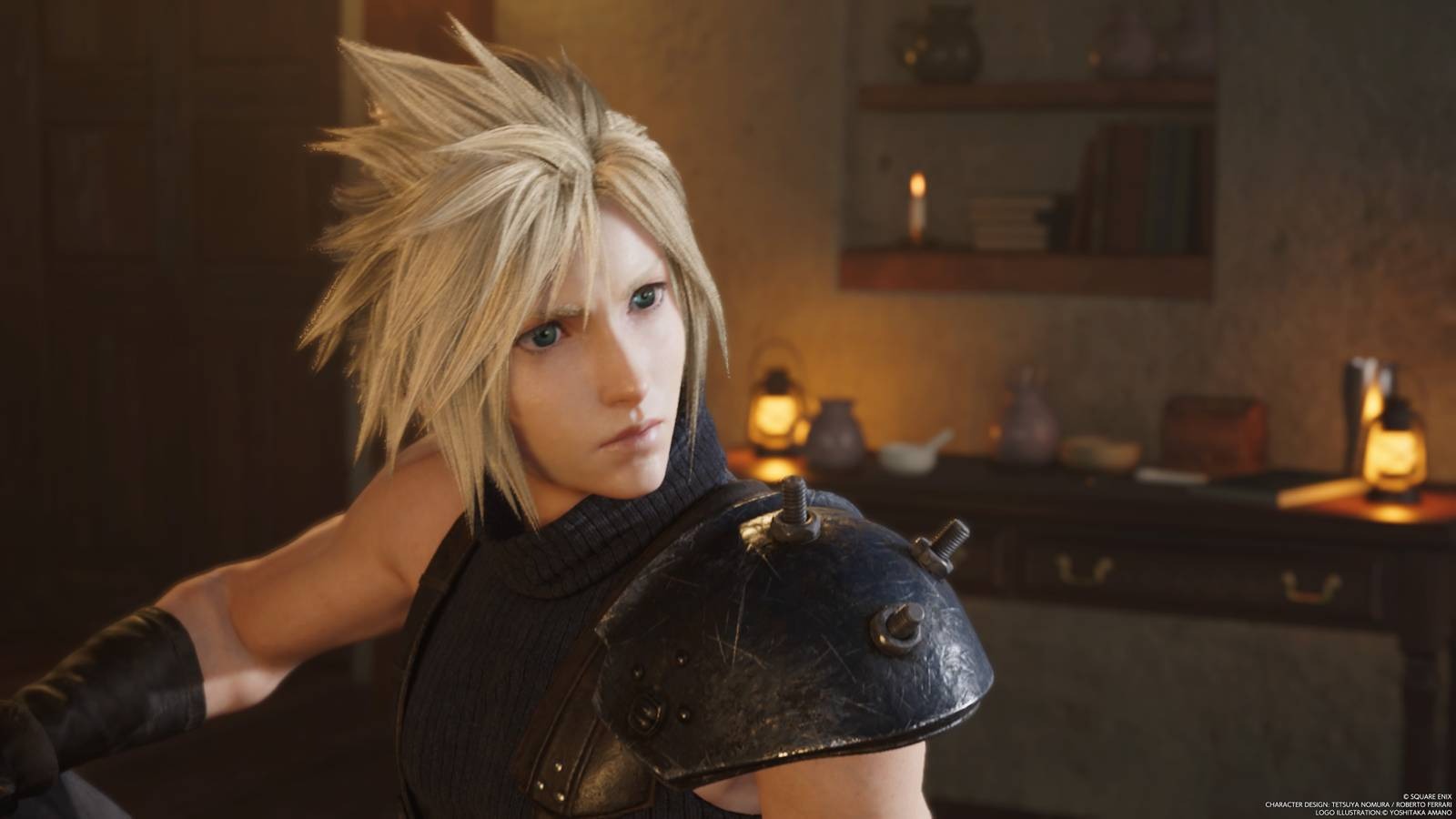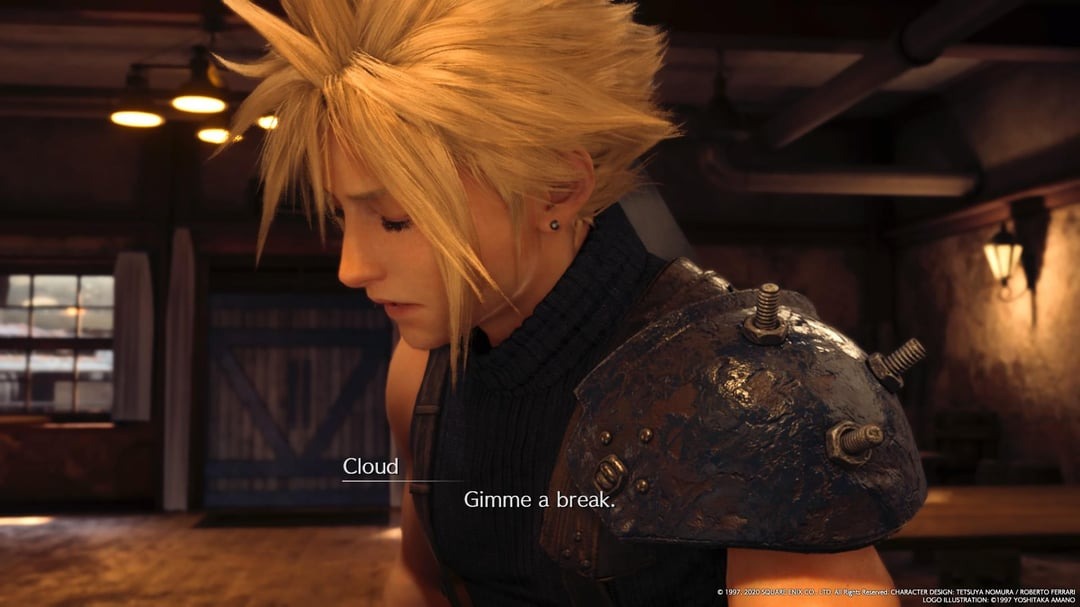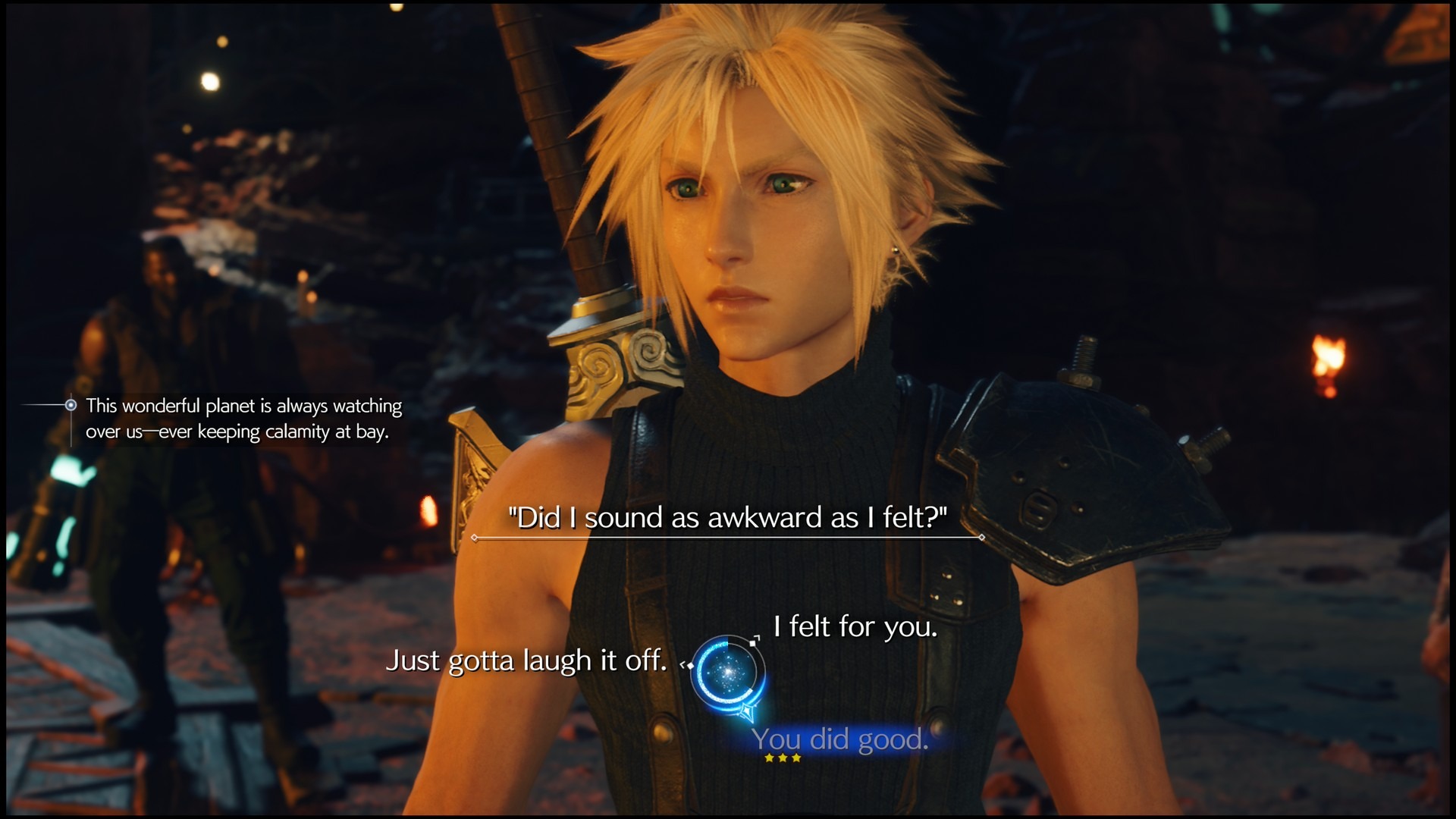Performance Over Preservation: Final Fantasy VII Remake Director Urges Fans to Accept Controversial Switch 2 ‘Game-Key Cards’
Popular Now
 League of Legends
League of Legends
 Poppy Playtime
Poppy Playtime
 Auto X Drift Racing 3
Auto X Drift Racing 3
 EA SPORT FC 25
EA SPORT FC 25
 NBA 2K24
NBA 2K24
 Toca Boca World
Toca Boca World
 Free Fire Max
Free Fire Max
 Garena Free Fire: Kalahari
Garena Free Fire: Kalahari
 Stumble Guys
Stumble Guys
 God of War Ragnarök
God of War Ragnarök 
TOKYO, JAPAN: The debate surrounding the Nintendo Switch 2’s new Game-Key Card format has reached a fever pitch, with high-profile developers now weighing in on the necessity of the controversial medium. Naoki Hamaguchi, Director of the highly-anticipated Final Fantasy VII Remake trilogy, has publicly addressed the concerns, pleading with Nintendo fans to “come to accept” the cards as a necessary tool for delivering high-end, AAA gaming experiences on the console.
***
 The Core Issue: Loading Speed, Not Just Storage
The Core Issue: Loading Speed, Not Just Storage
The Game-Key Card (GKC) has been a source of consumer frustration since the launch of the Switch 2, as the physical cartridge only contains a small license key, requiring players to download the full game from the digital storefront. This sparked immediate backlash over issues of game preservation, true physical ownership, and the reliance on a stable internet connection for the initial install.
However, Hamaguchi, whose game Final Fantasy VII Remake Intergrade will utilize the GKC format on the Switch 2, asserts that the developer’s motivation is driven by performance concerns rather than a simple cost-saving measure on cartridge manufacturing.
- The Loading Speed Gap: Speaking in a recent interview, Hamaguchi highlighted the major technical bottleneck. He stated that the read speed of standard physical cartridges—even the higher capacity ones—is inherently inferior to the speed of the Switch 2’s internal Solid-State Drive (SSD).
- High-End HD Demands: For graphically demanding titles with massive assets and intricate loading routines, like FFVII Remake, relying solely on the slow physical cartridge would result in significant, unacceptable compromises to the player experience, including longer load times and potential asset streaming issues.
- The “Semi-Download” Solution: The Game-Key Card format effectively forces a mandatory installation onto the console’s faster internal storage, allowing the game to utilize the SSD for smoother, more seamless loading, an absolute necessity for modern, high-fidelity HD games.
“I think perhaps the biggest issue for developers, certainly for people like us who make high-end HD games, is the loading speed, because you compare that to the solid-state drive and the speed you can get from loading from that, it’s going to be inferior to that. It just has to be, that’s the way the media works, physically.”
— Naoki Hamaguchi, Director, Final Fantasy VII Remake
 The Developer’s Plea and Consumer Backlash
The Developer’s Plea and Consumer Backlash
Hamaguchi was careful to acknowledge the validity of the fan complaints, expressing sympathy for those who value physical media and the long-term game archiving benefits it provides. Yet, he concluded with a strong appeal to the Nintendo gaming community.
- A Culture of Acceptance: He expressed a personal hope that “Nintendo fans to understand the key cards and maybe come to accept them as part of the culture of gaming on Switch,” arguing that the format provides an essential “option” for publishers to bring their biggest and most ambitious games to the platform.
- Lost Opportunities: Hamaguchi suggested that without the GKC option, developers of sprawling, modern titles would be forced to skip the Switch 2 entirely, denying a portion of the audience the chance to play these games.
The statement has intensified the polarized reaction among consumers. While some understand the technical constraints, many feel that the Game-Key Card offers the worst of both worlds—the requirement of a physical purchase combined with the drawbacks of a digital download (such as large install sizes and reliance on server longevity). Concerns have also been heightened by the news that some national institutions, like Japan’s National Diet Library, are refusing to accept GKC versions for their preservation efforts, reinforcing the fear that these titles will be lost once the eShop eventually closes.
As more major releases like Star Wars Outlaws and other Square Enix titles adopt the GKC format, the industry-wide shift appears to be a long-term trend, prioritizing optimal gameplay performance and asset streaming over the traditional notion of a complete game packaged on a physical cartridge. For many fans, the battle for true physical ownership on the Switch 2 is far from over.








 The Core Issue: Loading Speed, Not Just Storage
The Core Issue: Loading Speed, Not Just Storage The Developer’s Plea and Consumer Backlash
The Developer’s Plea and Consumer Backlash